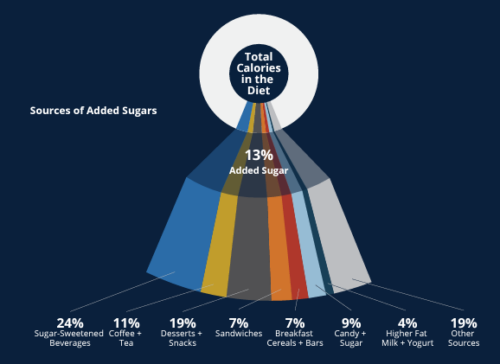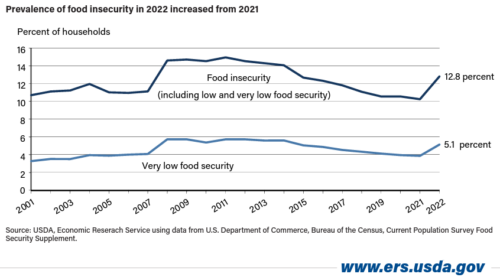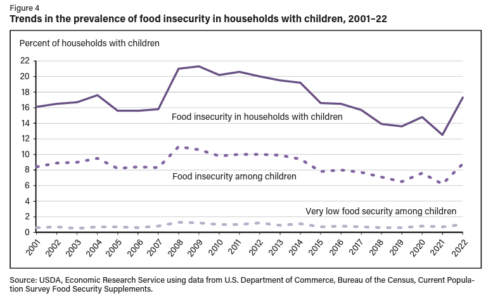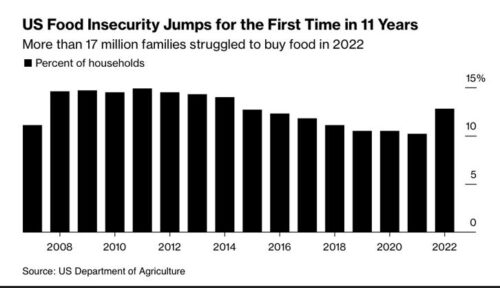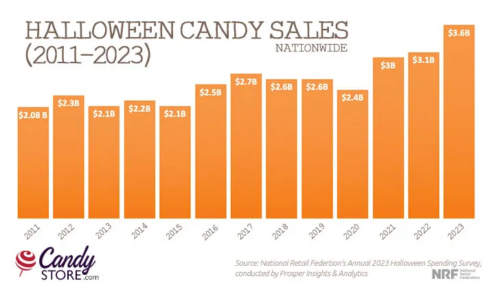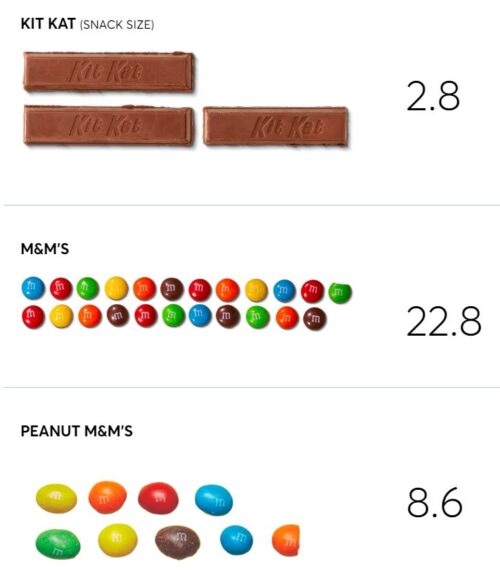The latest developments on the cultivated meat front
I’m trying to keep up with what’s happening with cultivated meat. So far, the FDA has approved a couple of cultivated chicken cell companies, and these are selling “chicken” in a couple of restaurants, one in San Francisco and the other in Washington DC.
The big issue: scaling cell production up enough to have product to sell. It takes lots of cells–billions? trillions?—to make a portion big enough to eat.
Here’s what’s going on in this area in the U.S. and U.K.
-
-
- ‘A defining feature of stem cells is that they can become other cells’: Strategies for the use of stem cells in cultivated meat productionThe production of cultivated meat will need stable cell lines from multiple different species to be successful. It is produced from stem cells, which are highly flexible and can create yields with the potential to be far greater in volume than the meat the cells originated from…. Read more.
- ‘Meating’ demand: Animal-based proteins versus cell-based agricultureAs demand for meat and poultry continues to grow, Food Manufacture explores what is driving sales of animal-based protein and whether or not the advent of cell-based meat is truly the herald of things to come, or a half-baked pipedream limited by a lack of resources…. Read more. How cultivated meat could be the key to avoiding the development of antimicrobial resistance: While the ‘routine use’ of antibiotics in animal agriculture is banned in the EU, increasing globalisation can make it difficult to avoid imported meat reared in this way. While the routine use of antibiotics can increase the risk of antimicrobial resistance, cultivated meat could provide a means of mitigating this…. Read more
-
- UK Government looking to fast-track legalisation of cultivated meat: The UK is set to fast-track the approval of cultivated meat as part of a partnership with Israel, the Telegraph has reported. Read more
- Extracellular opens ‘Europe’s largest’ pilot plant for cultivated meat: Food tech firm Extracellular has opened ‘Europe’s largest’ contract pilot facility dedicated to cultivated meat and seafood production at its site in Bristol. Read more
- Solving the mainstream adoption of alternative meats on a molecular level: Agilent Technologies global food segment director Lorna De Leoz explores the future of alternative proteins and how new advances in analytical tools can boost mainstream adoption of plant-based and cultured protein. Read more
- Brazilian giant JBS begins construction on cultivated protein research centre: The JBS Biotech Innovation Centre is expected to open before the end of 2024 after construction work commenced this month (September 2023). Read more
- ‘For the industry to succeed, there will need to be a ramping up of investment’: The past and future of the cultivated meat market: The number of deals in the cultivated meat market in the first eight months of 2023 has significantly declined since 2022, a report by financial advisory firm Oghma Partners shows. However, strong government investment and potential regulatory approval could provide a boost for the sector…. Read more
- Episode 8: Alternative proteins: Tune in to this month’s Food Manufacture podcast, where we talk plant-based proteins and the future of the meat alternatives market. Read more.
-
-

